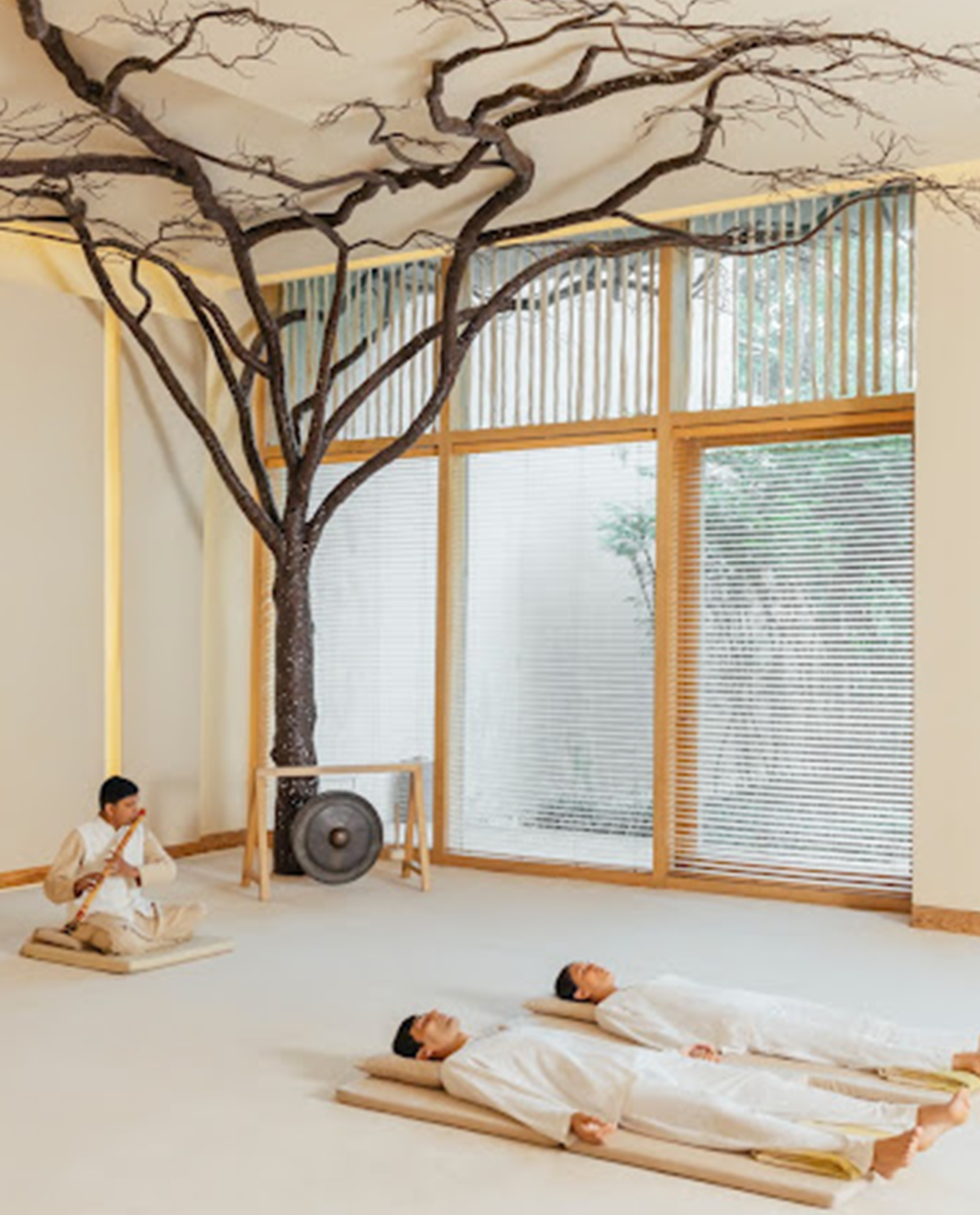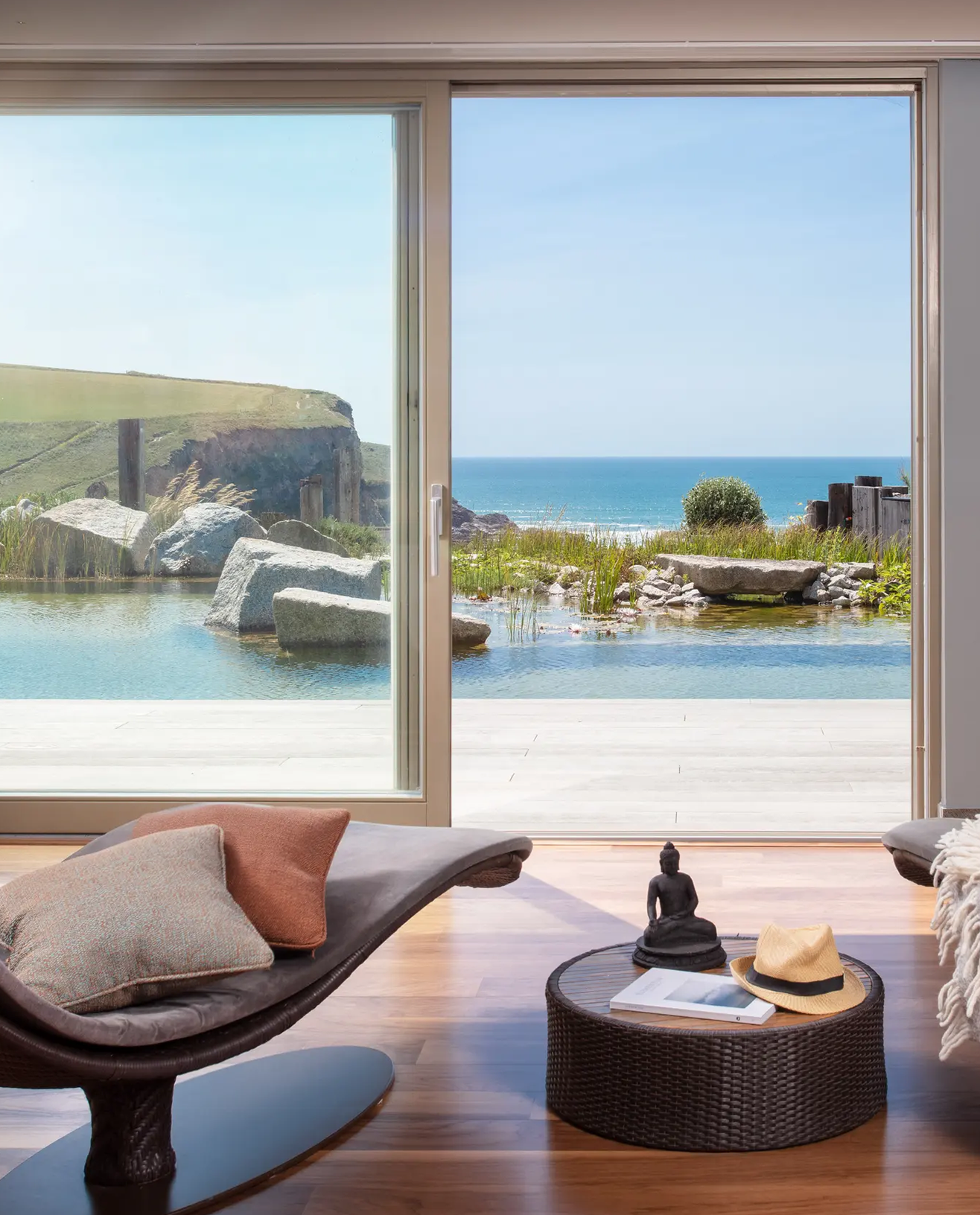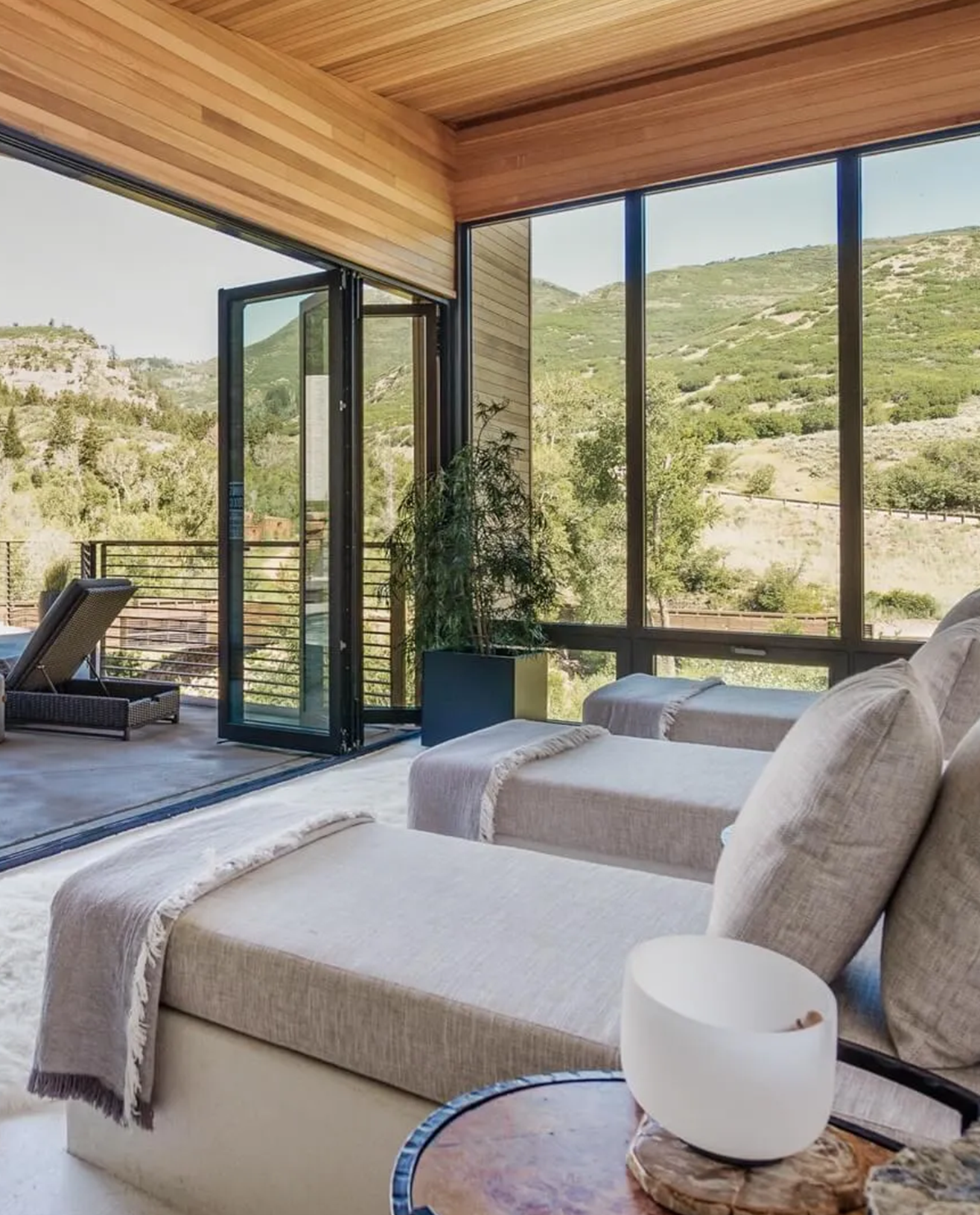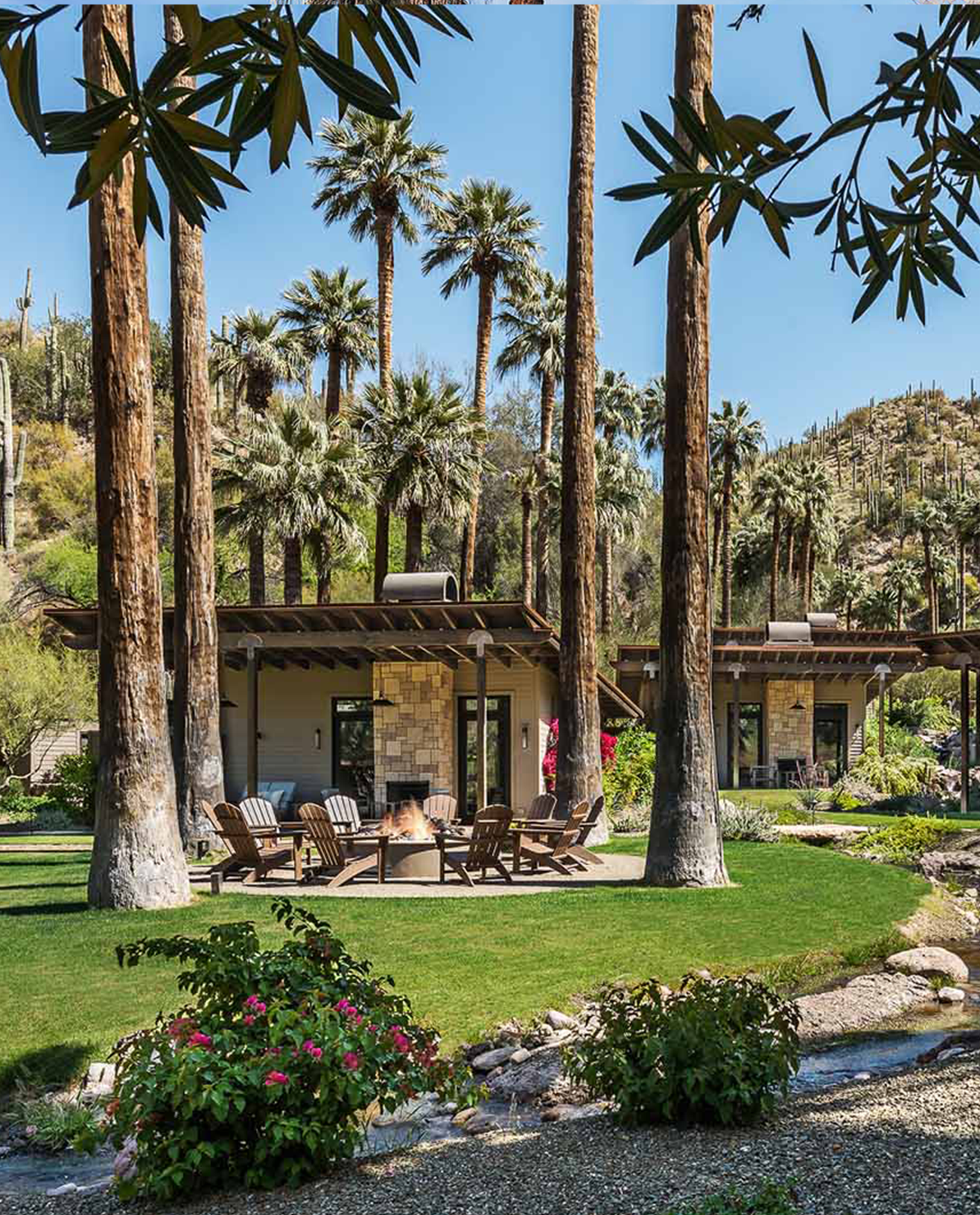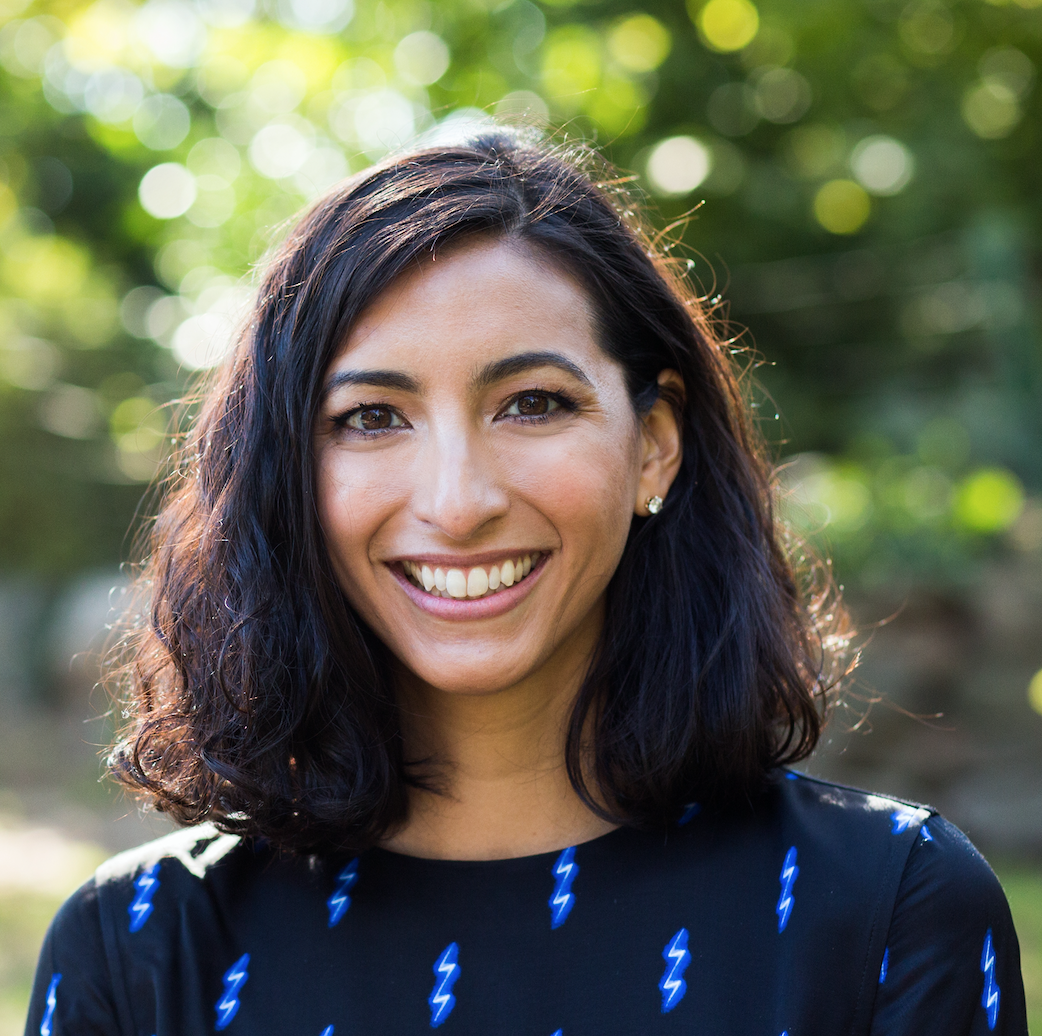Ready for Drift-Off
A new wave of sleep retreats and spas are offering another way to get some shut-eye.

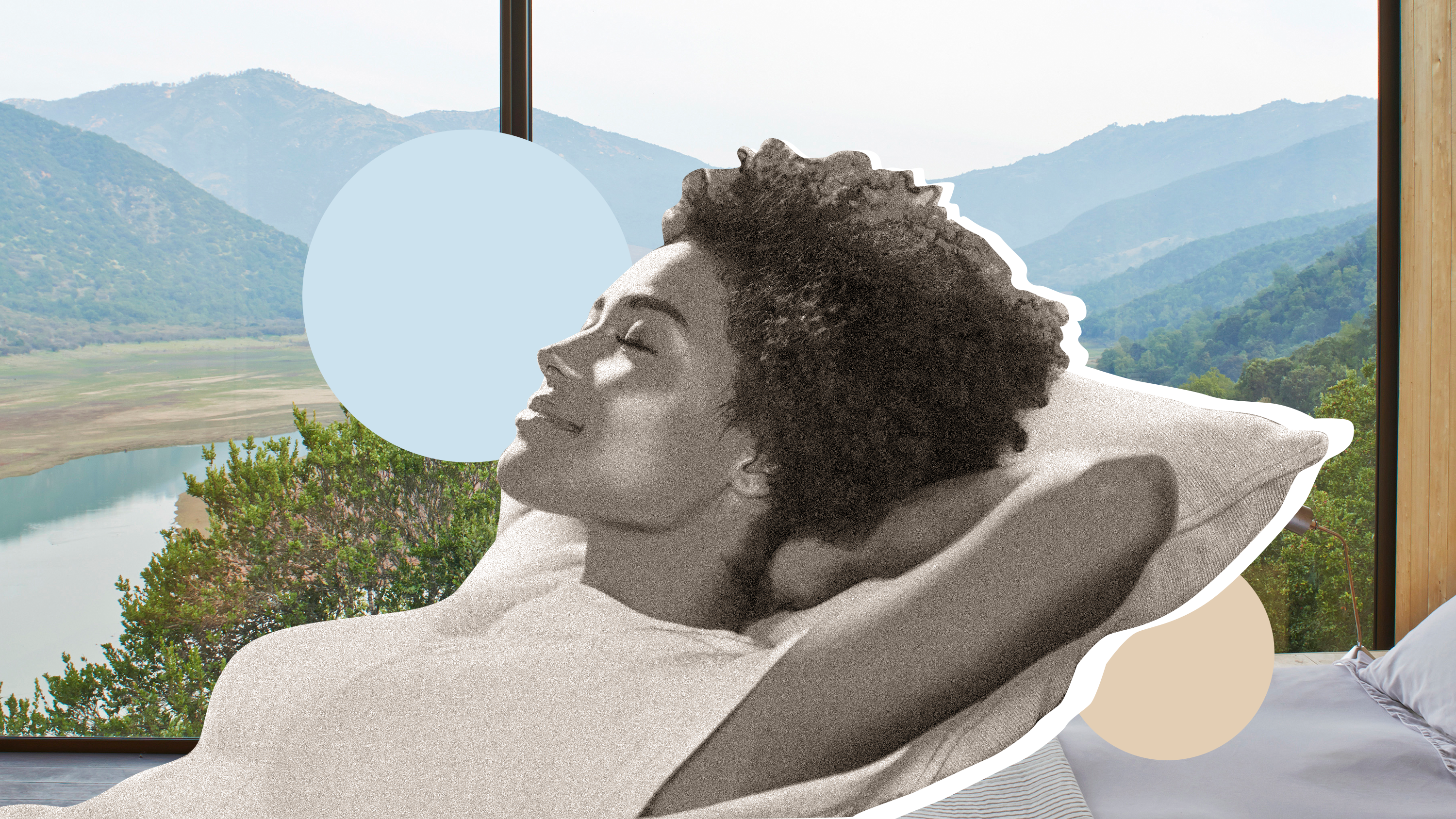
It would seem there has never been a better time to be tired. If you don't feel well-rested for whatever reason—fear–dread over the latest headlines; up–all–night kids, work deadlines; insert whatever anxiety–inducing thing is keeping you wide–eyed—there’s a new tincture, supplement, or sleepy–girl mocktail to help knock you out. And, for the most exhausted among us, another option has recently cropped up: sleep retreats. Getaways where the only goal is for you to get some serious rest. Not simply with a complimentary eye mask or massage package, but with deeply immersive experiences that, with the help of sleep scientists and multi–day itineraries, are aimed at ensuring you log a good eight hours—and, hopefully, revamp your sleep habits in the long term, too.
Wellness is a big, robust, growing sector, comprised of all the things that are aimed at making us well. The $1.8 billion industry is expected to grow by 10 percent this year alone and sleep tourism is a part of that. A McKinsey & Company Future of Wellness study reported that millennials and Gen Z spent nearly as much on the pursuit of sleep in 2023 as they did on nutrition and fitness.
Which makes sense, given that one in three adults in the U.S. don’t get enough sleep at night, according to the CDC. For women, that number is even worse: A 2024 report in the medical journal Sleep Medicine Reviews found that women have lower sleep quality than men. There are biological reasons for this—pregnancy, menopause—but stress is to blame, too. The busy balance of work and life can make it hard to clock in enough shut–eye. Anxiety and depression are at an all–time high globally, as well, and research shows that women with these conditions are more likely to develop insomnia than men.
The travel industry has woken up to the need, creating experiences for travelers who want to do even less than relax—they want to sleep. A retreat at the Grand Wailea in Maui, Hawaii, gathers travelers for early–morning yoga, provides Oura Rings to track guests’ sleep metrics, and offers courses in sleep science from Rebecca Robbins, Ph.D., a Harvard Medical School professor and scientist at Brigham and Women’s Hospital. In London, hypnotherapist Malminder Gill (who is also known as the Sleep Concierge) will come to your room at the Mandarin Oriental Hyde Park, and provide “a consultation, sleep hypnotherapy specifically targeting main concerns, and some lifestyle recommendations,” she says.
The travel industry has woken up to the need [for rest], creating experiences for travelers who want to do even less than relax—they want to sleep.
Ananda in the Himalayas, a resort located in the Indian state of Uttarakhand, takes a more holistic approach. The program, which is a minimum of one week and as long as three, includes one–on–one appointments with Ayurvedic physicians, yoga and meditation classes, and treatments intended to balance your dosha (your unique constitution in Ayurvedic medicine), to reduce inflammation and minimize sleep disturbances so that you actually stay asleep.
Other offerings from sleep stays around the world include AI–programmed beds that track sleep patterns and provide tips; nightly menus of teas and foods primed to help you pass out; bedside oil diffusers and mini libraries with books on rest; and “cocoon rooms” that are sequestered away from guests so your slumber is never disturbed.
Clearly, not every sleep retreat is designed the same way. There are two primary types: those that emphasize pampering, and others that focus on evidence–based methods. According to Beth McGroarty, director of research at the Global Wellness Institute, the latter kind is far more likely to help you maintain the lessons of your getaway long after you return home and unpack. That’s because sleep loss can be cyclical. “Poor sleep begets poor sleep,” she says. But if you never figure out how you ended up in that cycle in the first place, the benefits won’t last—meaning you just got a really relaxing vacation, not a lasting change in your habits.
Get exclusive access to fashion and beauty trends, hot-off-the-press celebrity news, and more.
If travel is about trying to relax or rest or recharge, the fact that sleep hasn’t just been a pillar of design and programming seems odd to me.
That was the impetus behind Dr. Robbins’ design of the Grand Wailea retreat. In particular, she encouraged guests to “think about what was relaxing and what did help them get a good night’s sleep while they were on this retreat,” she says. “Was it a lighter dinner? Was it the sleep tracking and the greater awareness that came with it?” The goal, she says, was for them to return home prepared to maintain what they learned.
McGroarty believes that the rise of sleep retreats has been a long time coming. “If travel is about trying to relax or rest or recharge, the fact that sleep hasn’t just been a pillar of design and programming seems odd to me,” she says.
Some may wonder: Why bother with a sleep retreat—the costs of which can quickly run into five figures when you factor in airfare—when you can just sleep in on a weekend for free? There are a lot of reasons, but one is that we’re living in an era of constant connectivity, and simply silencing your phone and closing your eyes doesn’t translate to eight hours of deep, high–quality rest.
Having access to specialists and their on–demand advice has obvious appeal, according to Harris, who believes they can offer lasting benefits. Plus, she says, sleep retreats also offer a precious resource: a place to nap with abandon. For a few days or even weeks, you can focus on getting rest without anyone interfering with it, and set the foundation for sound sleep once you’re back home in your own bed.
Now, doesn’t that sound like a dream.

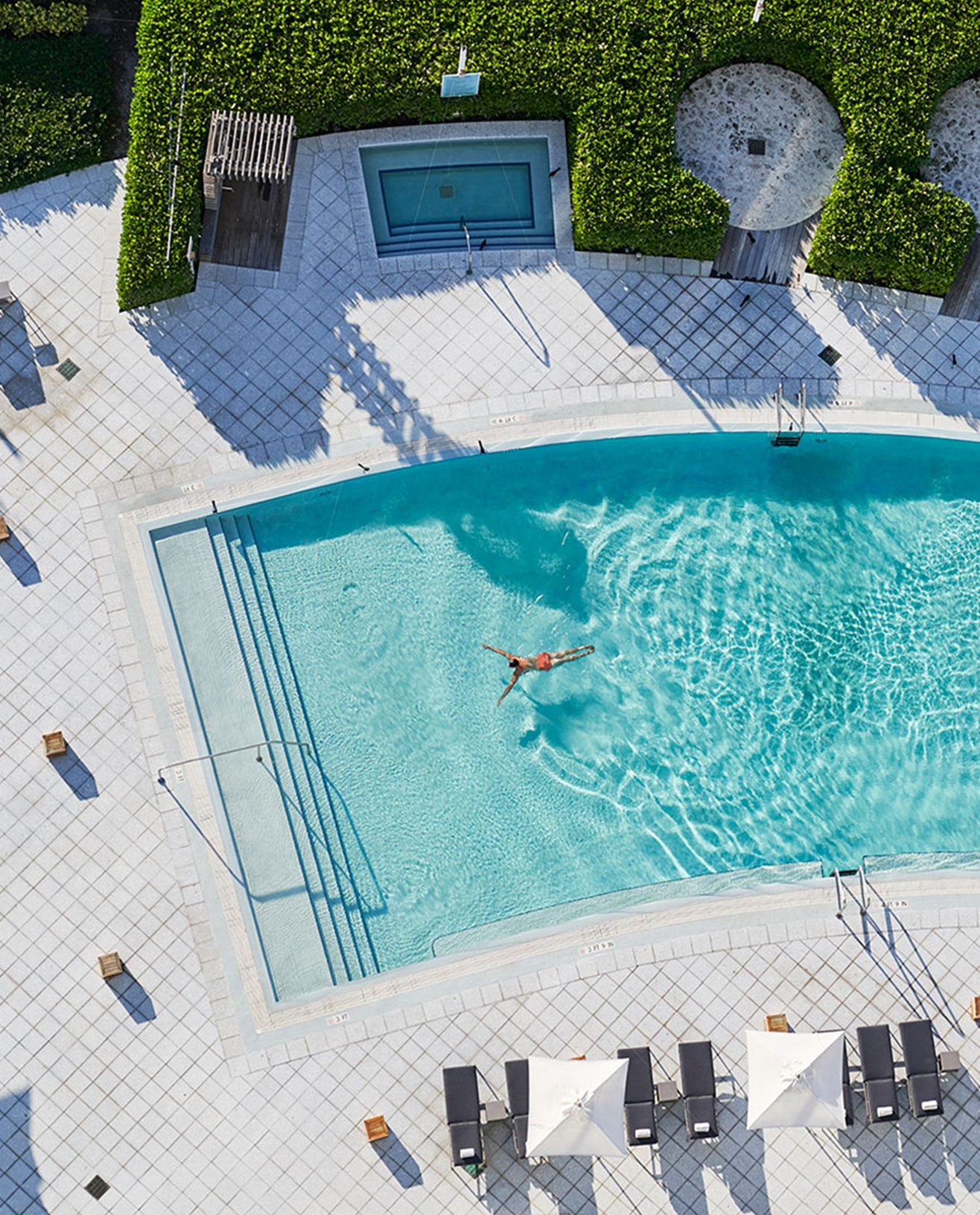
Miami, Florida
Starting at $770/night
From a sleep–enhancing massage to nights spent in a Bryte Balance Smart Bed (which adjusts its firmness and softness to your movements while tracking sleep metrics), the wellness resort’s five-day Sleep Well Retreat is aimed at helping you rest better.
This story originally appeared in the 2024 Changemakers Issue.
Deanna Pai is a freelance beauty and wellness writer and editor based in New York; her work has appeared in Vogue, Vanity Fair, New York Magazine, and many others.
